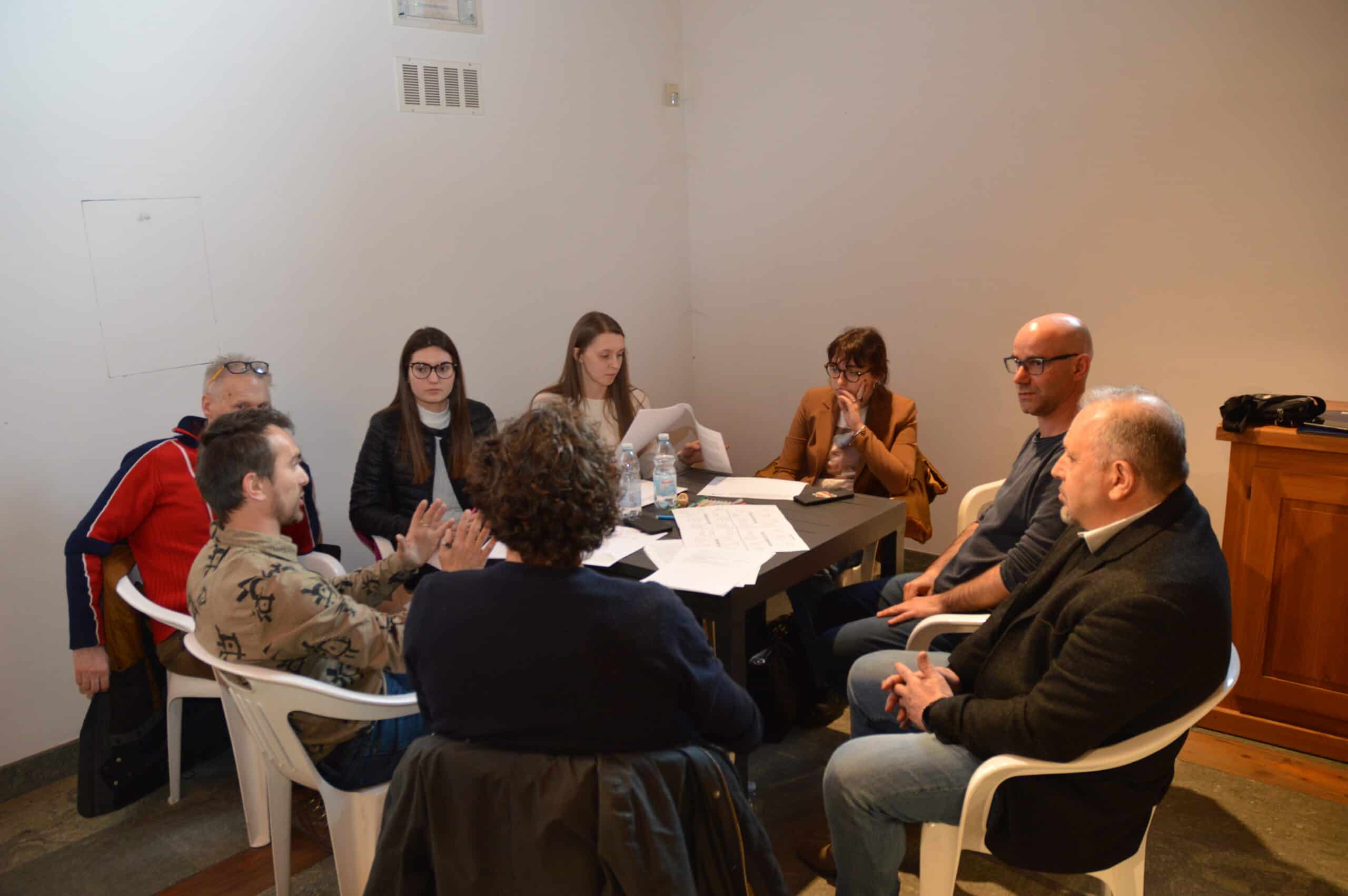The AlpSatellites project continues to explore remote work opportunities in remote rural and alpine areas. While the partners continue to listen to stakeholders and compare the feasibility of their proposals, the qualitative-quantitative survey carried out by the three universities has started. The survey focuses on the possibility of reducing the disadvantages of teleworking by using adequately equipped coworking spaces in pleasant environments, such as rural and mountainous areas. It is divided into three areas: remote working, coworking spaces and socio-demographic information. Over 500 people in Italy, France and Austria answered the survey. The questions on teleworking aim to understand feasibility, costs, motivation, performance, challenges, social time and relationships with management. Regarding coworking spaces, the survey aims to identify users’ expectations in terms of effective and efficient architectural and functional design. Thus, performance expectancy, behavioural intention, perceived relevance, effort expectancy, hedonic motivation, services in a coworking centre and environment are examined. In order to segment the responses, questionnaire participants are asked to provide some socio-demographic characteristics: Job and life satisfaction, gender, age, marital status, household size, children, education, type of worker, type of company, occupation, type of contract, how long they have been working, distance to work/school and nationality. Once the survey is completed, the data collected will be analysed and the results summarised in a first report, which will include feasibility studies and policy recommendations as the final outcome of the project.



